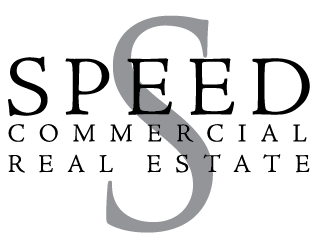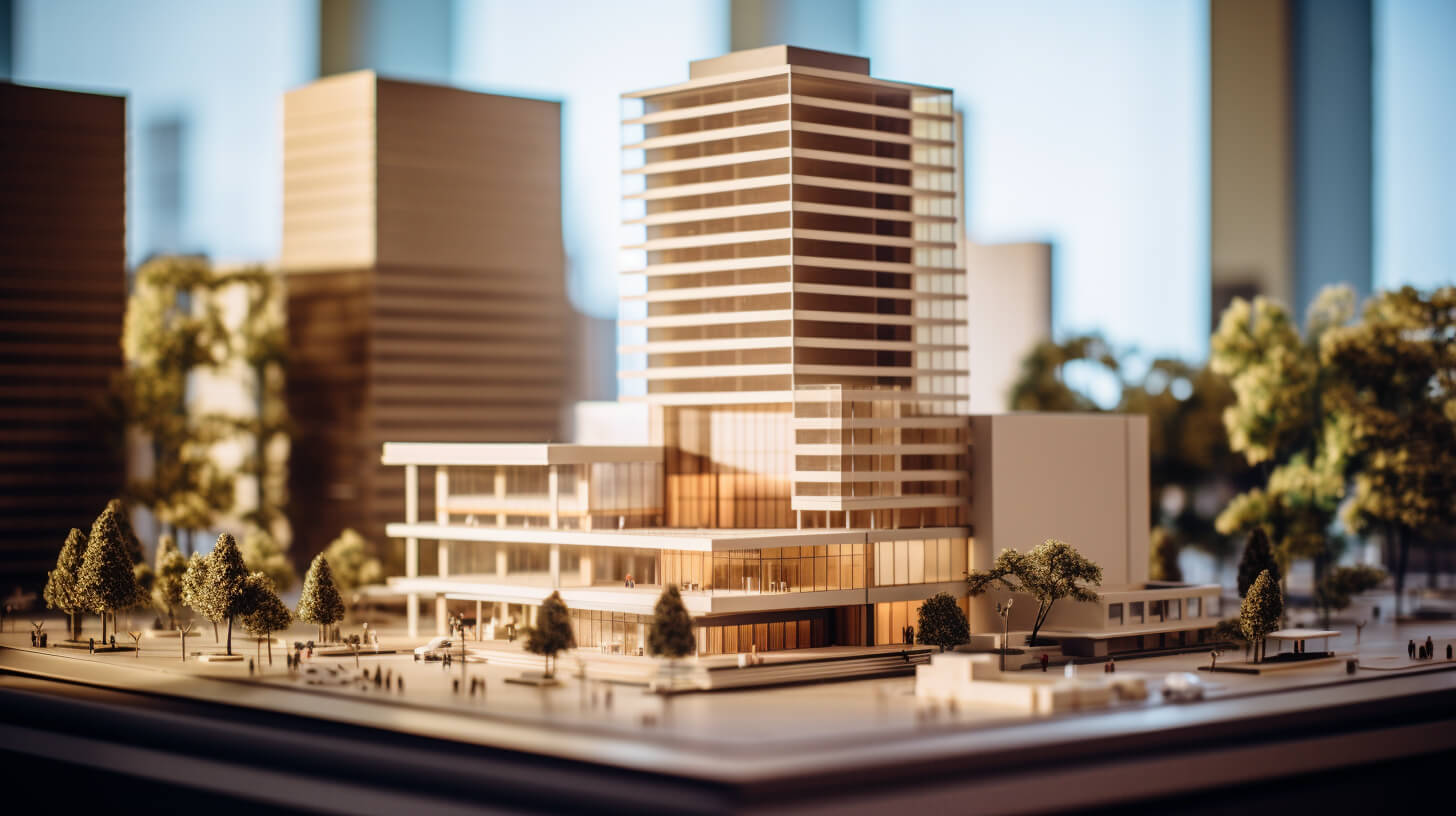It takes a lot of work to ensure a large residential property runs smoothly. If you have a multi-floor building with dozens of apartments, amenities, and grounds to take care of, they all must be properly managed to function properly and keep residents happy.
Facility management is not a new concept. In fact, it’s not even exclusive to residential property management. Hospitals, manufacturing plants, hotels, and more also require facility management!
Before you decide to bring on a facility manager, you should have a complete understanding of their role and how they can impact the quality of your business. In this article, we are going to completely answer three questions:
- What is facility management?
- What does a facility manager do?
- How much does it cost to hire a facility manager?
This will give you a comprehensive understanding of facility management so you can go ahead and hire the best team for your facility.
What is Facility Management?
Before we define what is facility management, we should give you a clear understanding of what a facility is. The dictionary definition of a facility is “something designed, built, installed, etc., to serve a specific function affording a convenience or service.”
Facility management will look a little bit different across different industries, but there are general responsibilities that apply in all cases.
According to the International Facility Management Association (IFMA), facility management is “A profession that encompasses multiple disciplines to ensure functionality, comfort, safety, and efficiency of the built environment by integrating people, place, process, and technology.”
Essentially, facility management refers to the management of everyday operations that are required for an environment to support a business’ needs. Facility management helps make a business more valuable by tending to short and long-term needs.
In the real estate industry, facility management is designed to help reduce maintenance costs, keep employees and residents safe and happy, protect the owner from liabilities, and increase business growth.
Facility managers are helpful in a variety of ways, which we will discuss in-depth in the next section. For example, if you own a large apartment building a facility management team can keep eyes and ears on all the components that are necessary for a healthy living environment and successful business, including (but not limited to):
- Plumbing, electrical, and HVAC
- Leasing
- Preventative maintenance
- Planning, construction, and design
- Security, mail management, groundskeeping, waste management
- Janitorial services
The facility management industry is growing faster than ever. As technology advances and our living standards change, facility managers are taking on new responsibilities and learning innovative skills. We are living in a unique time when our living spaces operate as more than a place that we call home. In many cases, ‘home” is now synonymous with “work,” “school,” “office,” and “gym.”
As a result, facility management impacts, and is impacted by:
- Emergence of the “Internet of Things”
- Building Automation/Monitoring
- Employee Engagement
- Health, Wellness & Well-Being
- Evolving IT Infrastructure
- Evolving Real Estate Models
- Sustainability & Environmental Impact
What Does a Facility Manager Do?
A facility manager can go by a variety of different titles and have many responsibilities. At the core, facility managers are responsible for ensuring the different systems within a facility all work together harmoniously. As a result, the facility is a comfortable place to live and work.
According to IFMA, there are 11 core competencies of facility management:
- Occupancy and human factors
- Operations and maintenance
- Sustainability
- Facility information and technology management
- Risk management
- Communication
- Performance and quality
- Leadership and strategy
- Real estate
- Project management
- Finance and business
These core competencies can be divided into two types of services: hard and soft.
Hard Facilities Management Services
Hard facilities management services refer to the maintenance and management of the physical building. This includes assets, space, and infrastructure. Typically, hard facilities management services are required to be provided, by law, and are integral to workplace functionality.
- Plumbing. Plumbing is a modern-day essential that can have serious impacts on safety when something goes wrong. A facility manager will make sure plumbing issues are tended to quickly and plumbing systems are well maintained
- Lighting and HVAC systems. Facility managers are responsible for making sure lighting and heating/cooling fixtures throughout the property are in good working condition. This means checking the interior and exterior of the building and responding to tenant maintenance requests in a timely fashion
- Fire safety compliance. Facility managers will schedule regular checks for fire extinguishers, sprinkler systems, carbon monoxide detectors, and smoke detectors.
- Mechanical and electrical systems. This involves making sure everything from elevators and key fobs to water pumps and light switches are operating properly.
- Structural maintenance. Even a building just a few years old requires regular maintenance and repairs. Wind, sun, extreme temperatures, snow, and rain can all affect the structural integrity of a building.
Soft Facilities Management Services
Soft facilities management services refer to services offered directly to employees and/or tenants. These are things that a facility provides to make the environment a comfortable and enjoyable place to live and work.
- Waste management. Waste management services ensure tenants’ trash and recyclables are collected on time, meaning the city comes to remove trash from the facility’s receptacles. This could include door-to-door trash collection, tenant drop-off in a specific location, or both.
- Cleaning services. Most apartment facilities will not provide in-apartment cleaning services, but they will ensure that the grounds and common areas are tidy and sanitary.
- Space planning. This could include interior design, room remodeling, amenities, and more – anything that will make a facility more comfortable and functional.
- Pest control. A facility is responsible for removing pests on the property, whether that means regularly spraying pesticides, performing seasonal checks, or managing outbreaks in an apartment.
- Landscaping. Mowing grass, weeding flower beds, planting flowers and trees, leaf removal, snow removal, etc. are all the responsibility of facility managers and their team.
- Security. A facility manager will be responsible for things like installing and maintaining security cameras, hiring security guards, and managing restricted areas within the facility.
As you can see, a facility manager has many responsibilities that all come together to make a building run efficiently. A great facility manager can be the difference between an average apartment complex and a high-end apartment complex.
Facility management can be a very lucrative career because it typically requires a degree and a significant amount of experience. Property owners will be expected to pay a salary that matches a facility manager’s skills and experience. However, hiring a facility manager can save tens of thousands of dollars in other costs.
How Much Does It Cost to Hire a Facility Manager?
It’s difficult to give a straightforward answer to the question, “How much does it cost to hire a facility manager?” because many factors go into the final price. The cost of hiring a facility manager depends on the characteristics of a facility and the requirements set forth by the owner or property manager.
When looking at how much it costs to hire a facility manager, it’s important to look at the life-cycle costs, rather than just up-front costs. Life-cycle costs take long-term goals and budget into account, which are important for the future of a business.
There are three parts to the overall cost that need to be examined when comparing facility managers to hire:
- Initial costs: These are the start-up costs that are required to bring a facility manager on. Training, salary, purchases, and installation costs are also included.
- Future costs: Future costs are sometimes also recurring costs. They include maintenance, operations, financing, and capital replacement.
- Resale: The resale place is your return on investment.
When you’re looking to hire a facility manager, it’s important to interview a few different organizations, inquire about their processes, and define common goals. Once you find someone who provides what your facility needs and has plans for improving it, you can discuss tactics, salary, and monthly costs.
Before Hiring a Facility Manager
There’s one very important thing you must do before you hire a facility manager: list your goals.
To find someone who will come in and take care of your facility exactly the way you want them to, you must be able to tell them exactly what you need.
A security team?
Someone for snow removal?
Someone to maintain the pool?
Someone to install a kitchen in the common area?
An interior designer?
You can really customize the final cost of hiring a facility manager based on your needs. If you start your search with a budget in mind, you will be more likely to find someone within that budget.
Hire Speed Commercial Real Estate for Your Property Management Needs
Speed Commercial Real Estate is the top property management company in Ridgeland Mississippi. We can help you find a facility manager that works well with our team of property managers to flawlessly run your facility. No matter if you are local, a few hours away, or on the other side of the world you can rest assured that your facility is in great hands.
Contact us today to set up a meeting. We look forward to speaking with you!

